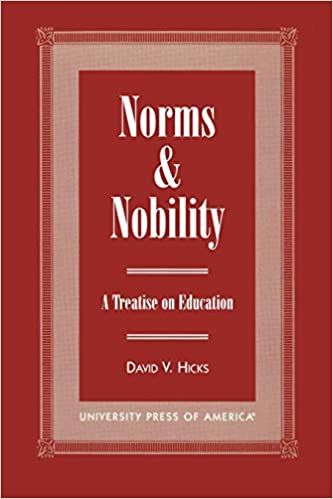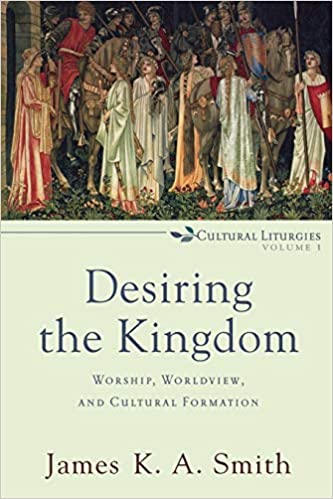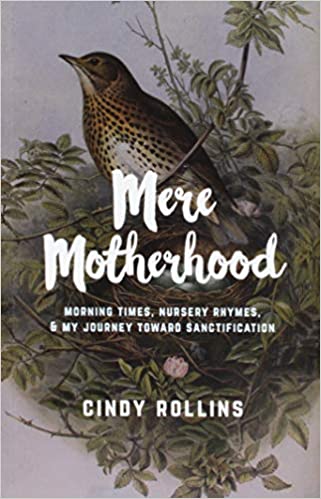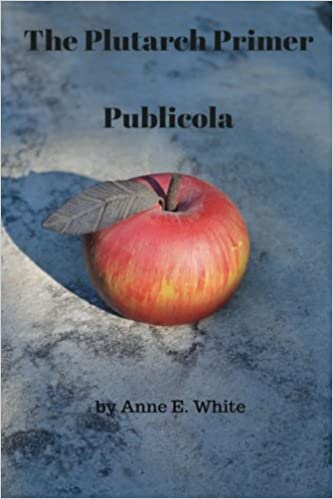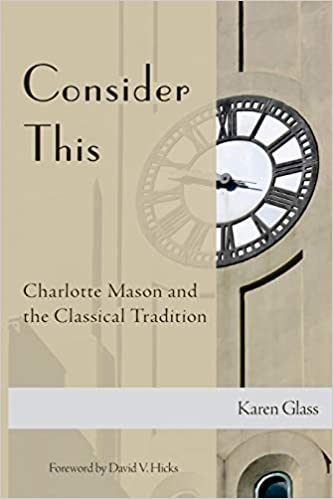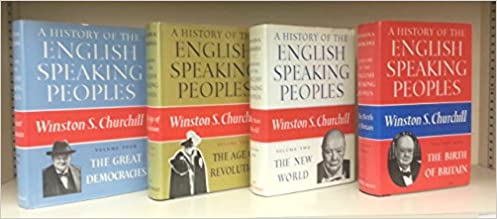Norms and Nobility: A Treatise on Education
A reissue of a classic text, Norms and Nobility is a provocative reappraisal of classical education that offers a workable program for contemporary school reform. David Hicks contends that the classical tradition promotes a spirit of inquiry that is concerned with the development of style and conscience, which makes it an effective and meaningful form of education. Dismissing notions that classical education is elitist and irrelevant, Hicks argues that the classical tradition can meet the needs of our increasingly technological society as well as serve as a feasible model for mass education.
More info →Desiring the Kingdom: Worship, Worldview, and Cultural Formation (Cultural Liturgies)
Malls, stadiums, and universities are actually liturgical structures that influence and shape our thoughts and affections. Humans-as Augustine noted-are "desiring agents," full of longings and passions; in brief, we are what we love. James K. A. Smith focuses on the themes of liturgy and desire in Desiring the Kingdom, the first book in what will be a three-volume set on the theology of culture. He redirects our yearnings to focus on the greatest good: God. Ultimately, Smith seeks to re-vision education through the process and practice of worship. Students of philosophy, theology, worldview, and culture will welcome Desiring the Kingdom, as will those involved in ministry and other interested readers.
More info →Mere Motherhood: Morning Times, Nursery Rhymes, and My Journey Toward Sanctification
It was back in the 1980's when Cindy Rollins, then a new mom in search of the best ways to teach her baby son, first heard about homeschooling. Thirty years and nine children later, Cindy has become a popular blogger, podcaster, and award-winning teacher. This is her story. It's a story of big families and cross-country moves and small-town living. It's about great books and morning times and nursery rhymes. It's the story of a dedicated mother's journey toward the Truth and the family she brought along with her.
More info →The Plutarch Primer: Publicola
Publicola, one of the first consuls of the Roman Republic, was “the most eminent amongst the Romans” and “the fountain of their honour.” The Plutarch Primer includes vocabulary, discussion questions, and other aids for students and parents/teachers, plus edited text for Plutarch's Life of Publicola. It is designed especially for those who are new to the study of Plutarch.
More info →Consider This: Charlotte Mason and the Classical Tradition
The educators of ancient Greece and Rome gave the world a vision of what education should be. The medieval and Renaissance teachers valued their insights and lofty goals. Christian educators such as Augustine, Erasmus, Milton, and Comenius drew from the teaching of Plato, Aristotle, and Quintilian those truths which they found universal and potent. Charlotte Mason developed her own philosophy of education from the riches of the past, not accidentally but purposefully. She and the other founding members of the Parents’ National Educational Union in England were inspired by the classical educators of history and set out to achieve their vision in modern education. They succeeded—and thanks to Charlotte Mason’s clear development of methods to realize the classical ideals, we can partake of the classical tradition as well.
More info →A History of the English Speaking Peoples (4 Volume Set)
Here is one of the great books of our age, Winston Churchill's most ambitious work and the crowning achievement of his career. his theme is a noble one, worth of the great purpose and imaginative scope of its author. He tells of the struggles and setbacks of the great men and the little men who carried the banner forward and the selfish men who dragged it back. This is naturally a British history, but it is also very much an American, Canadian, New Zealand, Australian, Indian, South African history, the greatest story of our centuries told by the master storyteller of our time.
More info →
